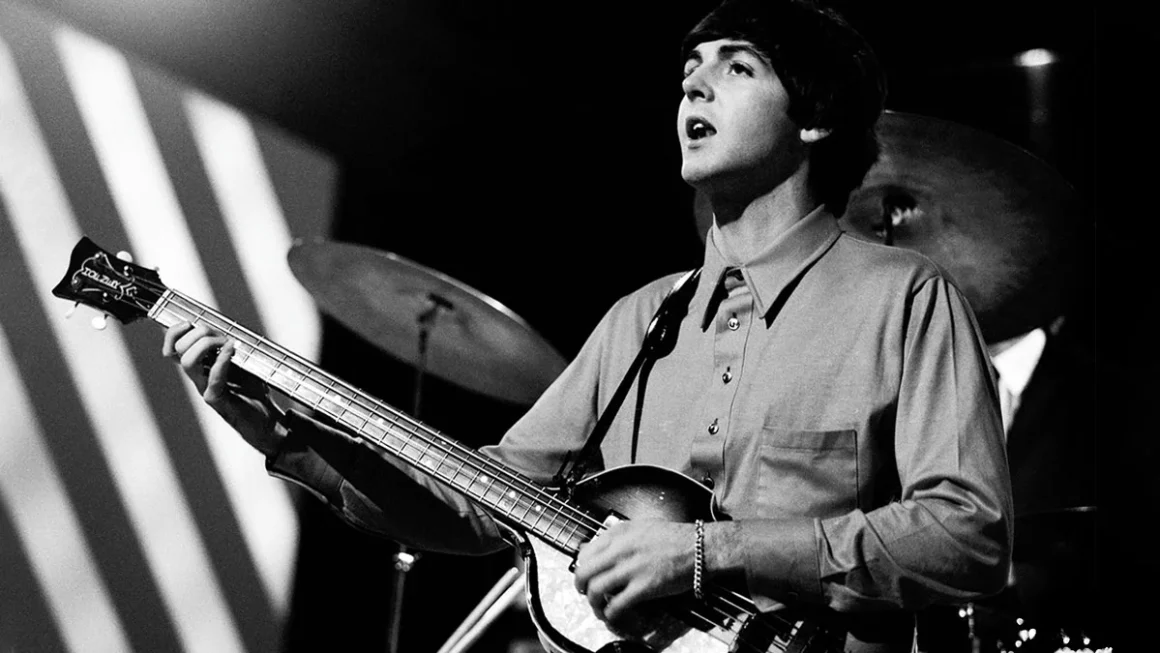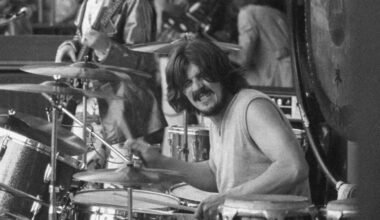Paul McCartney’s “Yesterday” was never about love—it was a hidden message to his late mother, decades in the making.
Art has long been used as a therapeutic tool, tapping into the depths of the subconscious to reveal hidden emotions.
For Paul McCartney, this phenomenon occurred with his timeless song “Yesterday.”
It took him years to fully understand the personal significance of the track—eventually realizing that its true meaning was not about romantic loss, but grief for his late mother.
McCartney’s songwriting genius has always allowed him to layer deeper meanings into his work while still maintaining a lighthearted and accessible surface.
Songs like “Uncle Albert / Admiral Halsey” and “Hey Jude” deal with complex emotions, yet leave room for broad interpretation. However, when it came to “Yesterday,” McCartney initially had no idea who he was truly addressing.
Everyone knows the origin story: McCartney famously woke up one morning with the melody of “Yesterday” in his head.
Thinking he might have subconsciously plagiarized it, he spent days ensuring the tune was original. But while the melody came easily, the meaning behind it remained elusive.
At the time he wrote the song in 1965, McCartney was living his dream. He was part of the world’s biggest band, Beatlemania was in full force, and he was in a happy relationship with Jane Asher.
He even enjoyed living with Asher’s family in London, which gave him a sense of warmth and community—so it seemed odd that such a melancholic song came from such a blissful period in his life.
For years, McCartney assumed the song was simply a reflection on lost love, but in a later interview, he revealed it was much more personal.
McCartney began to realize that the regret and sadness expressed in the song wasn’t aimed at a lover, but at his mother, Mary, who passed away when he was just 14.
One particular memory weighed on him. As a child, McCartney had teased his mother for her “posh” way of speaking.
“I remember her getting a bit embarrassed, and I’ve always regretted that moment,” he confessed.
This regret lingered, especially after her sudden death. He would often reflect on their time together, wishing he could take back that moment of teasing.
In the song’s central lyric, “I said something wrong, now I long for yesterday,” McCartney began to see his unspoken grief emerging.
The song, written a decade after his mother’s passing, now felt like a subconscious expression of his sorrow and regret over the short time he had with her.
“Do you find yourself unconsciously putting songs into girl lyrics that are really about your dead mother?” McCartney wondered in a later interview.
He concluded that this might indeed be the case. “Yesterday” wasn’t about a lost lover; it was about his lost mother.
The subconscious is complex, and as McCartney himself noted, “Sometimes it’s only in retrospect that you can appreciate it.”
It took him years to fully grasp that “Yesterday” was more than just a beautiful song—it was an expression of his deepest, long-buried grief.







